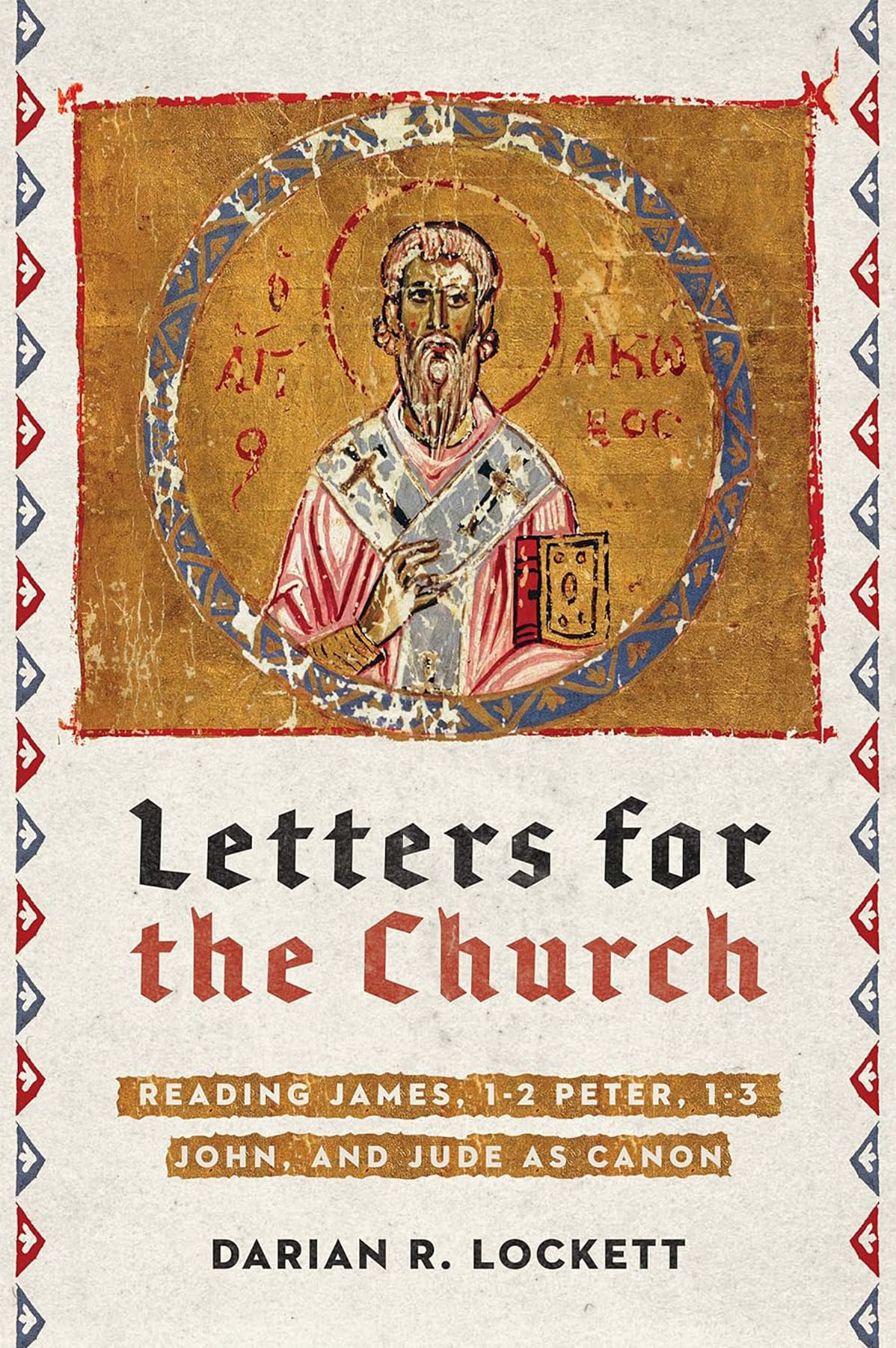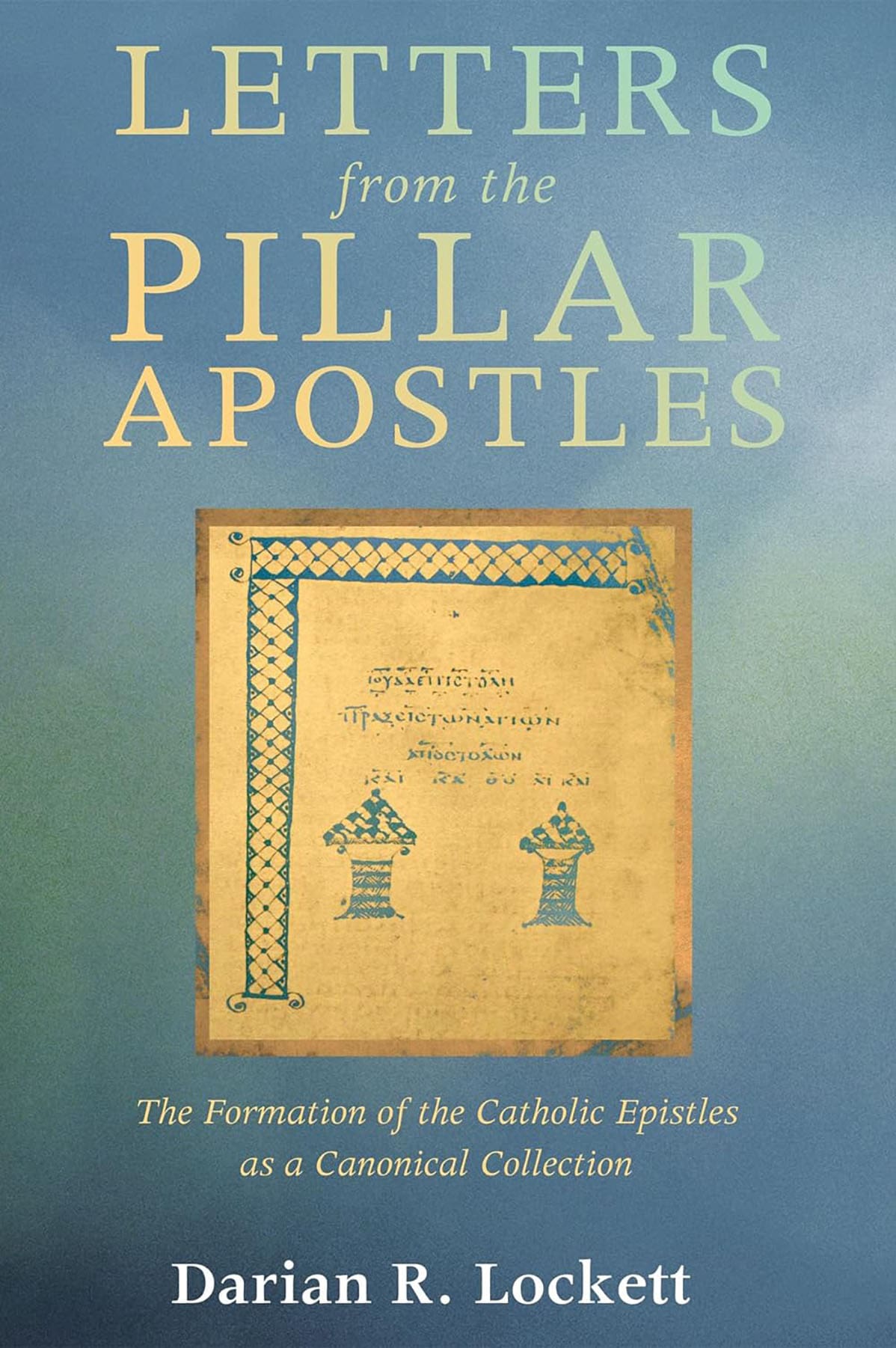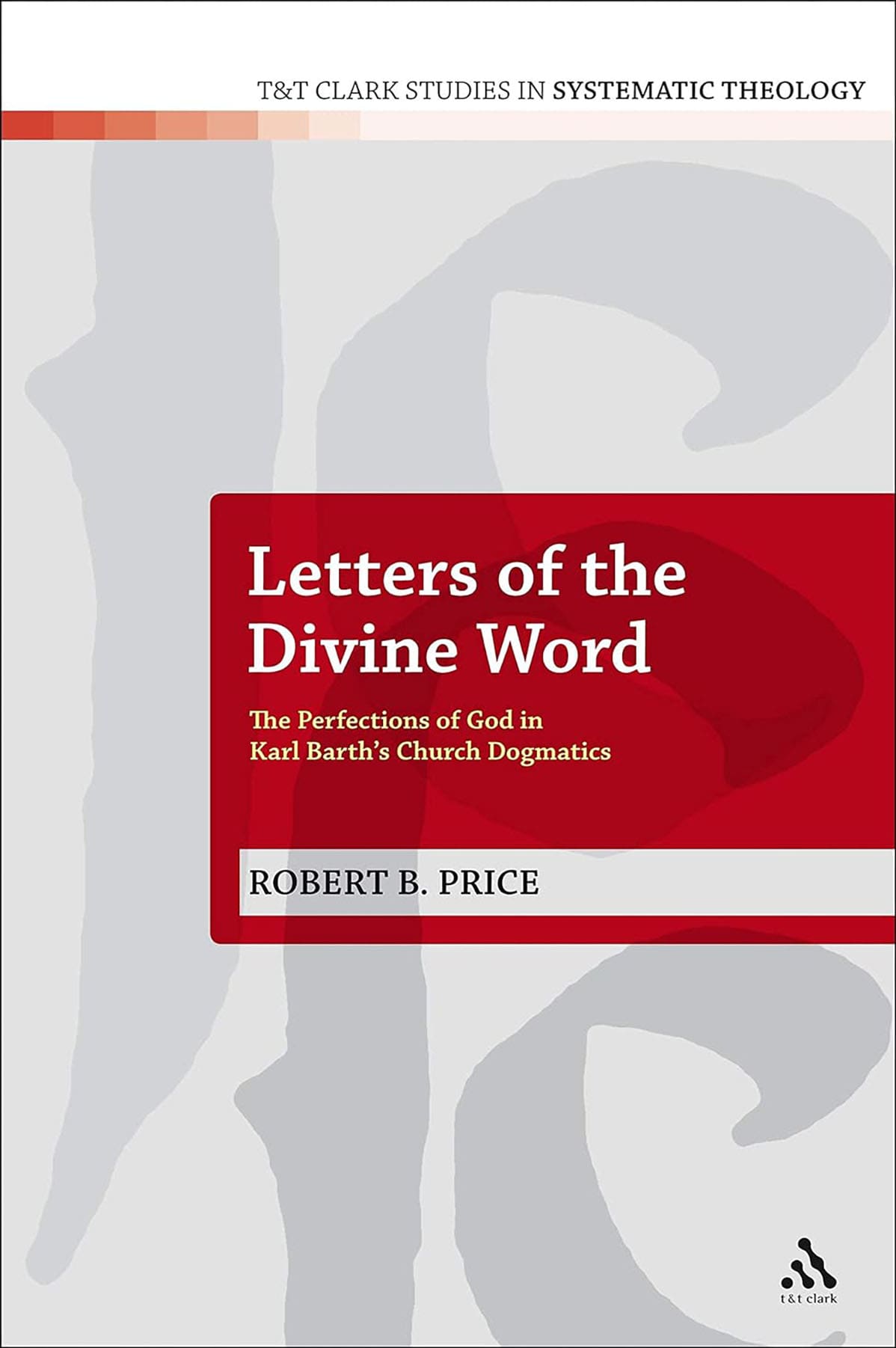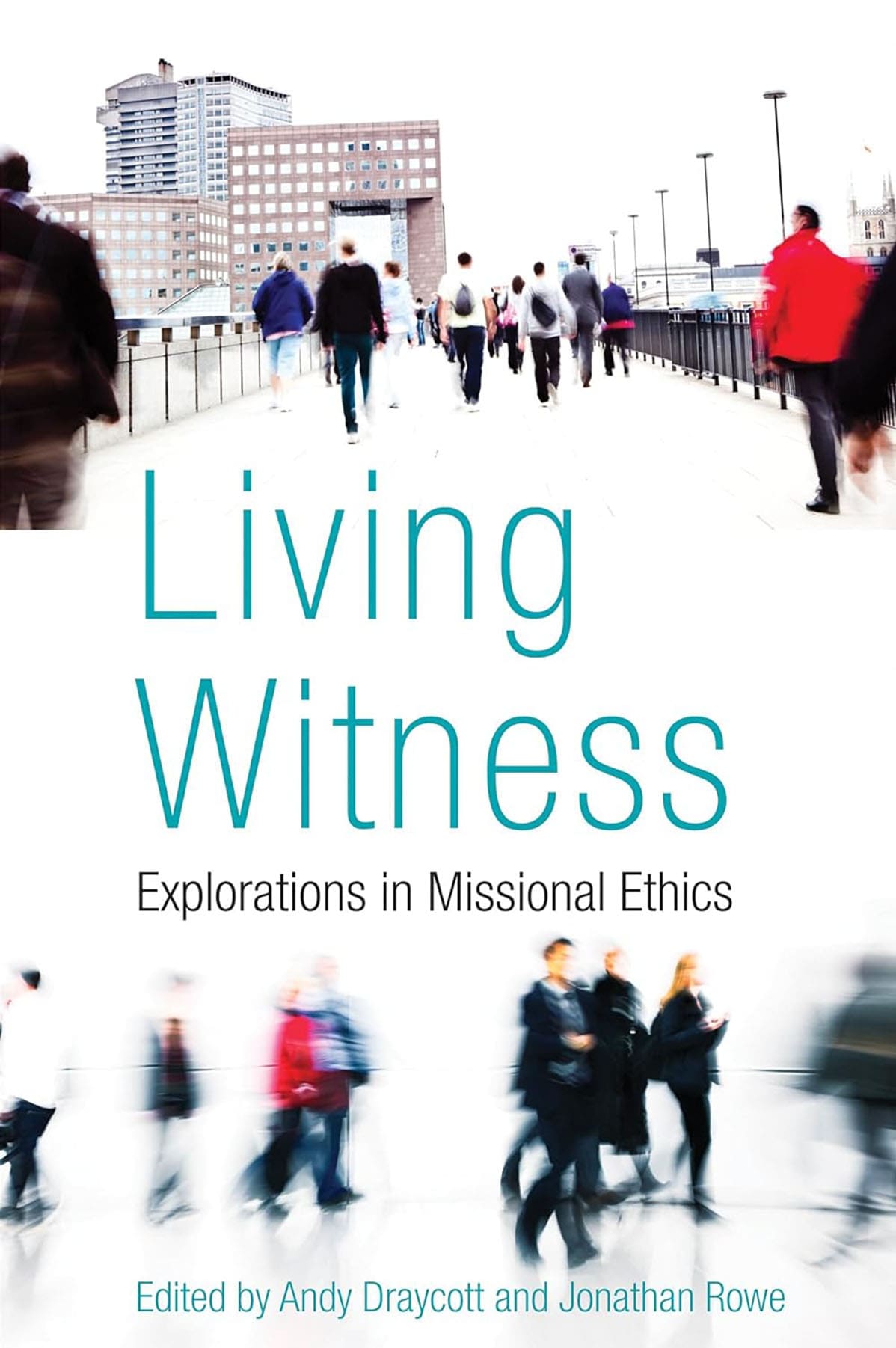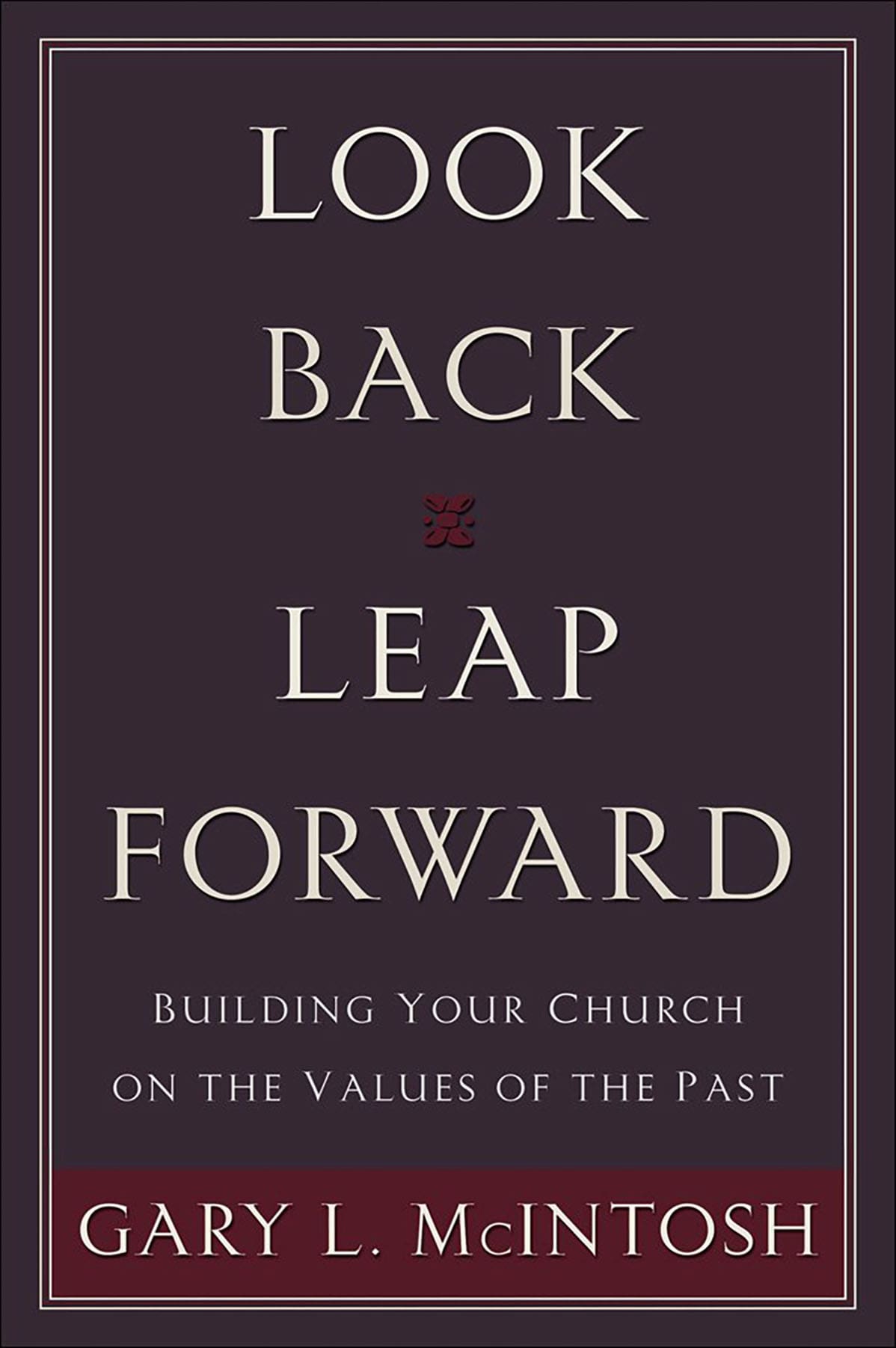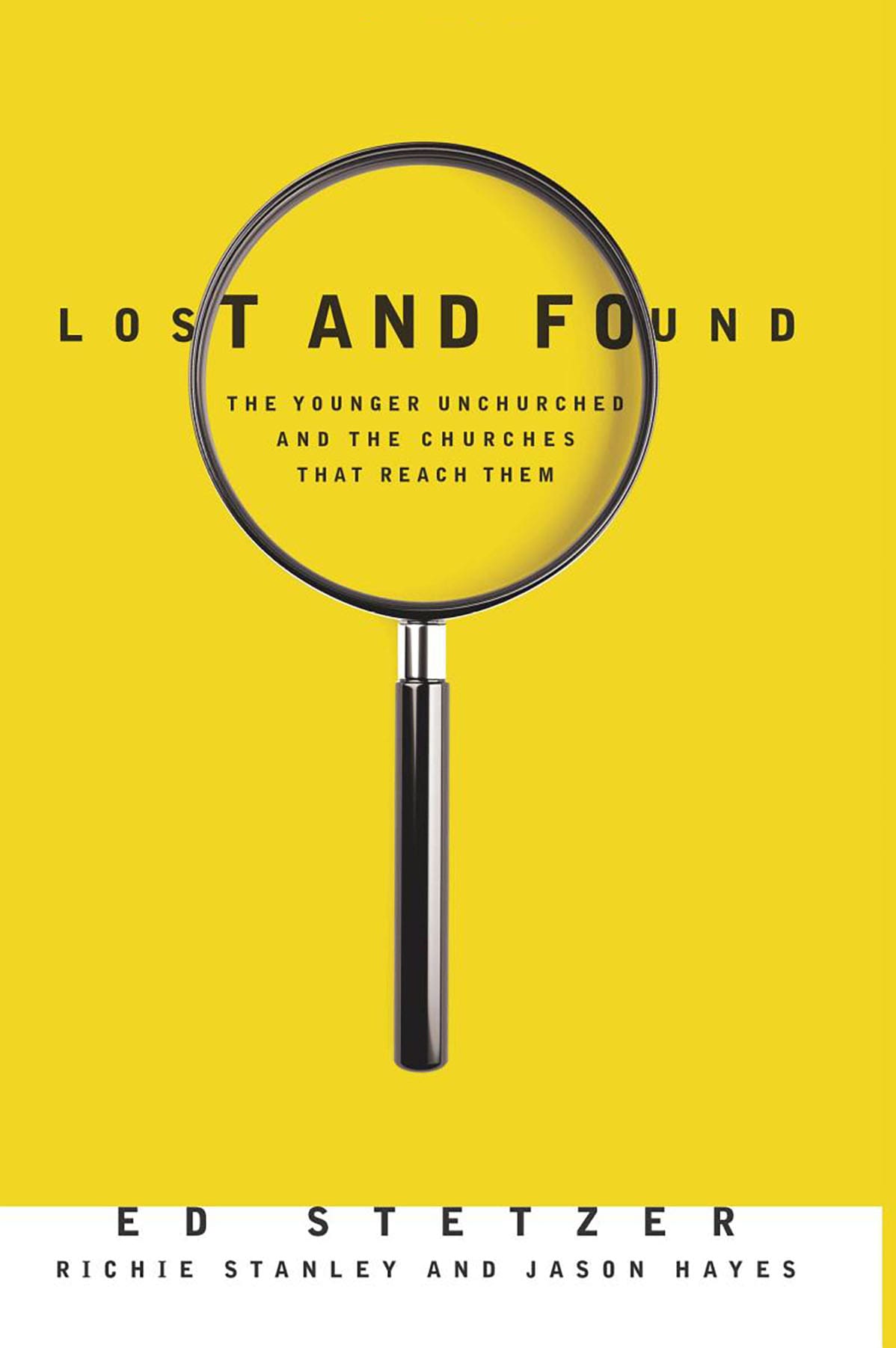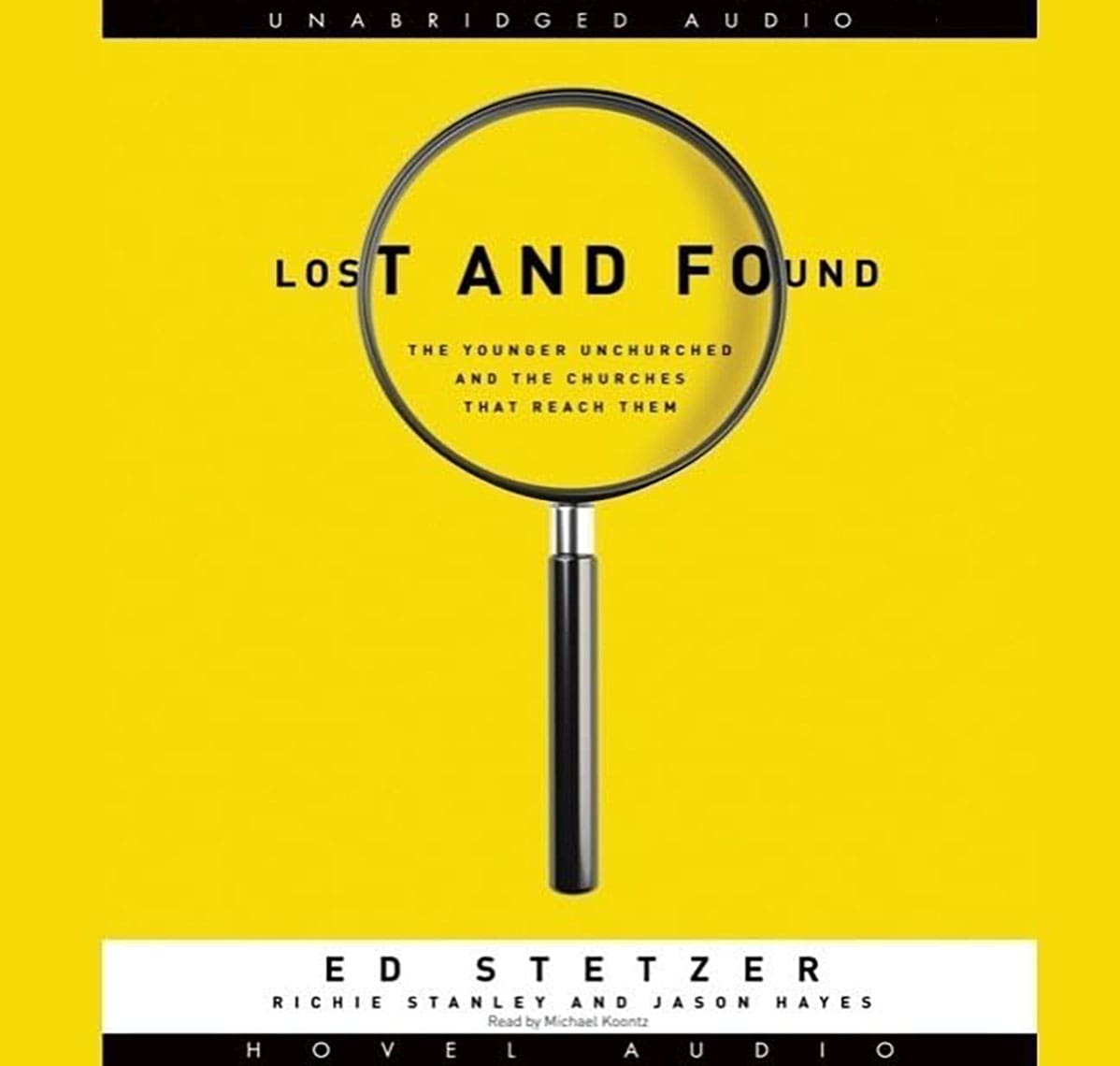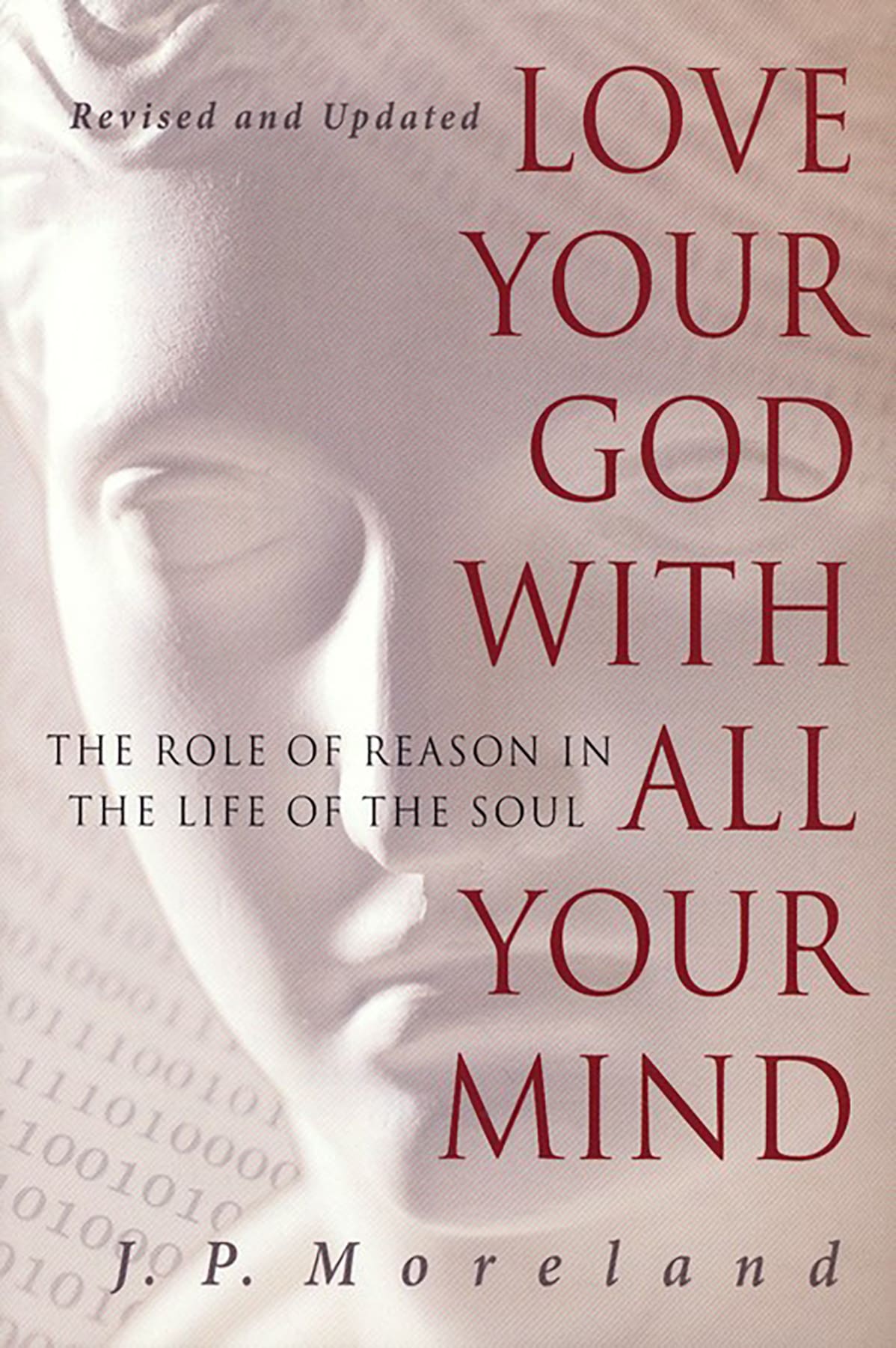Leadership in Theological Education, Volume 3: Foundations for Faculty Development
This publication is the third and final volume intended to accompany and support the IPAL seminars as well as be an independent resource to aid theological institutions with faculty development. Faculty development is at the heart of theological education. This book lays the foundation for institutions to equip, train and release emerging academic leaders to advance their careers and improve the standards of their teaching and research. The contributors to this volume share the findings of research conducted at evangelical academic institutions in various contexts around the world so other senior administrators can enhance the quality of theological education at their own institution.


